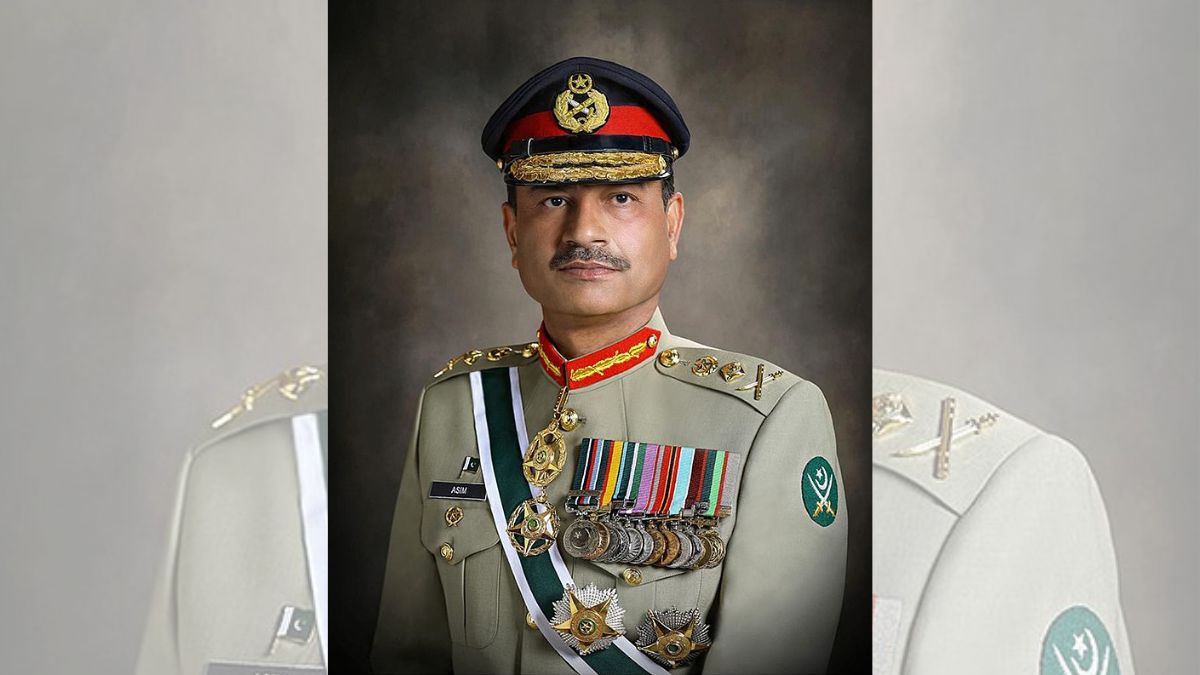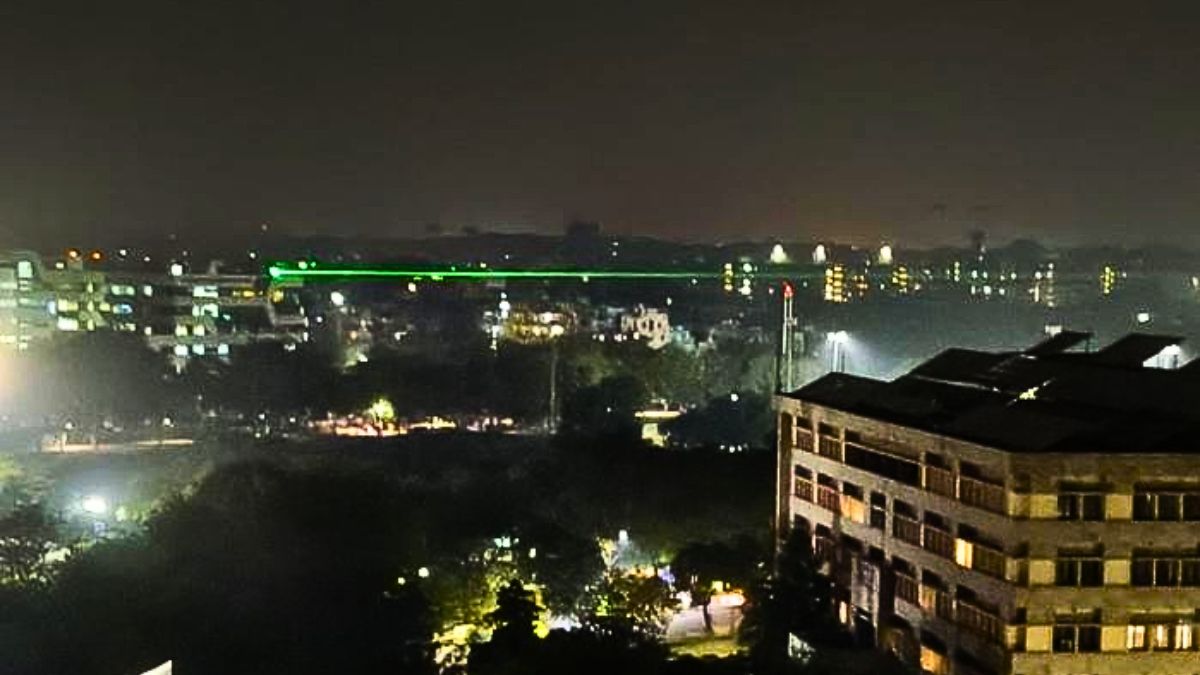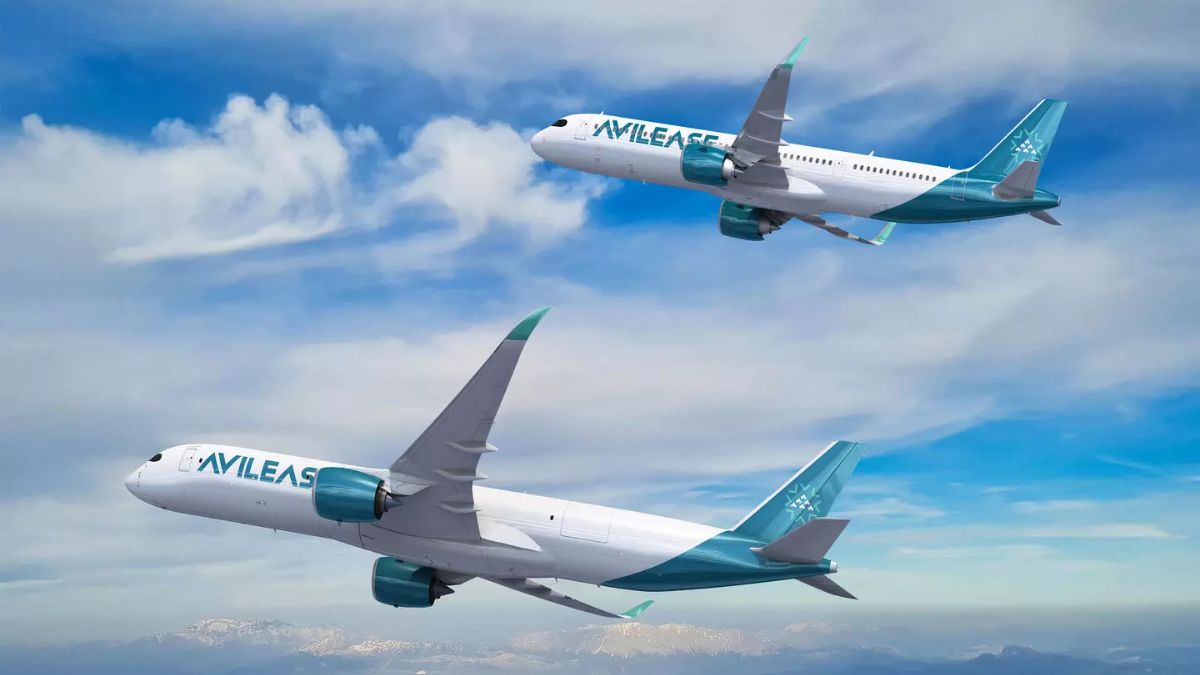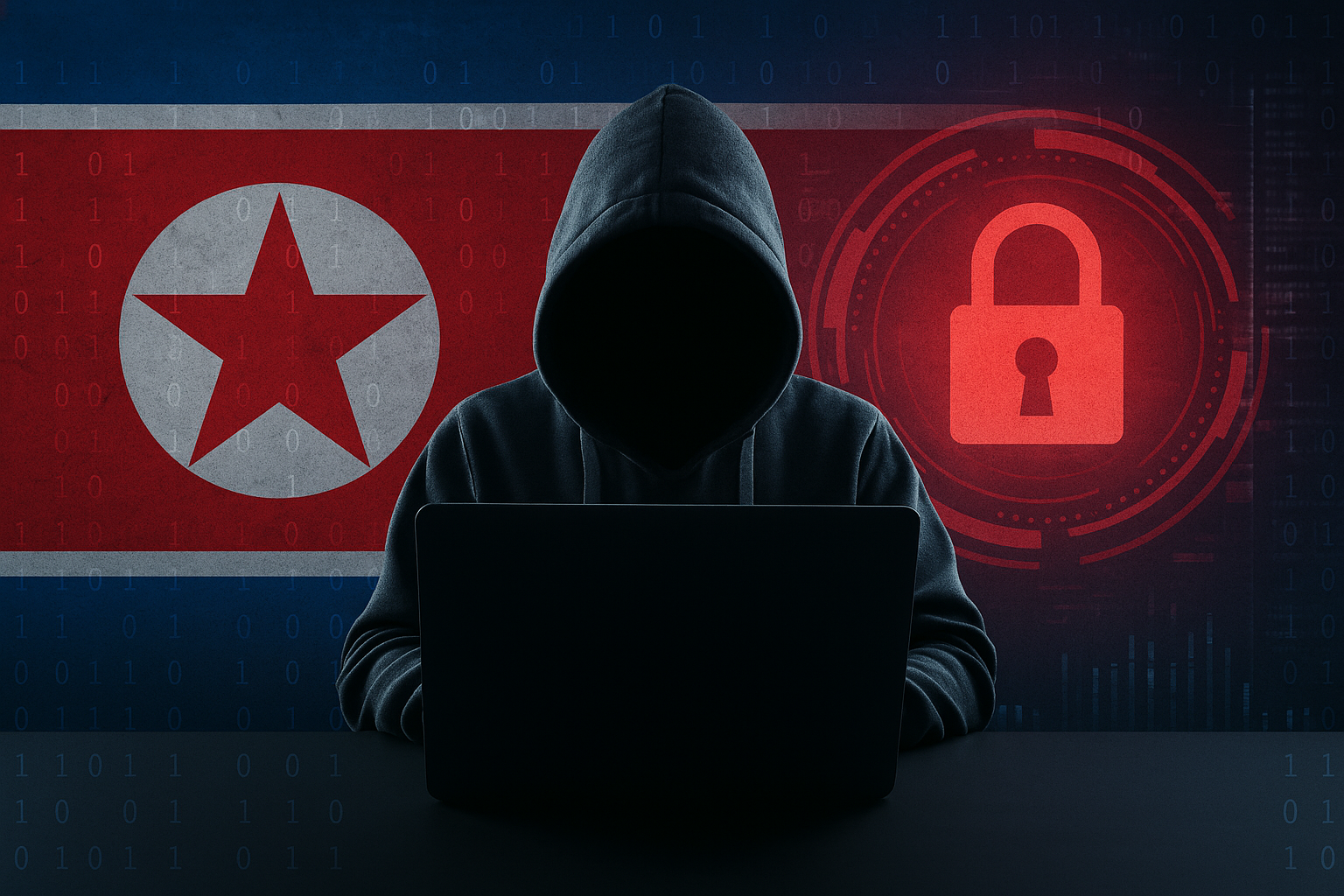Pakistan Army Chief To Visit US. Here’s What It Means

General Asim Munir to visit the US. Image Courtesy: Wikimedia Commons
Pakistan’s Chief of Army Staff General Syed Asim Munir Ahmed Shah is expected to visit Washington DC on June 12 to participate in the United States (US) Army Day commemorations, marking 250 years of the US Army’s establishment.
The visit—first reported by Network18 citing sources—is being interpreted as part of a broader US outreach to Islamabad, driven less by bilateral ties and more by Washington’s evolving strategic calculus in the Indo-Pacific and Central Asia.
Why is General Munir visiting Washington now?
According to Network18, General Munir has been invited to attend events marking the US Army’s 250th anniversary on June 14. While the occasion is ceremonial on the surface, the timing and nature of the visit suggest deeper strategic undertones.
It comes at a time when Washington is increasingly wary of Islamabad’s closeness to Beijing through projects like the China-Pakistan Economic Corridor (CPEC).
What’s on the US agenda for this visit?
As per diplomatic sources cited by Network18, the US is likely to convey its expectation that Pakistan should act more decisively against terrorist groups operating from its soil—particularly those targeting India and Afghanistan. Washington may also seek reassurances that Islamabad won’t tilt fully into the Chinese camp, given growing concerns over Pakistan’s alignment with Beijing-backed initiatives such as the Belt and Road Initiative (BRI).
What does Pakistan hope to gain from this engagement?
The visit is also expected to serve Islamabad’s interests. According to the Network18 report, Pakistan will likely use the opportunity to seek American understanding and support on the issue of Tehrik-i-Taliban Pakistan (TTP) fighters allegedly based in Afghanistan. Additionally, Islamabad may pitch itself as a viable investment destination, particularly in the mining sector where untapped reserves of lithium, gold, copper, and rare earth minerals exist. However, concerns remain in Pakistan over foreign exploitation of these resources, including fears of “neo-colonial” practices attributed to China.
Is Kashmir expected to be on the agenda?
While Islamabad has historically raised the issue of Kashmir in international forums, New Delhi has consistently opposed any third-party involvement. According to the Network18 report, Pakistan may again seek to bring up Kashmir in informal discussions. However, the US is unlikely to depart from its long-held position of favouring bilateral dialogue between India and Pakistan.
What’s the domestic reaction within Pakistan?
General Munir’s US visit has stirred political backlash at home. The opposition Pakistan Tehreek-e-Insaf (PTI) party reportedly plans to hold protests against his visit, branding him a “criminal” in response to alleged domestic crackdowns. The political context adds another layer of complexity to the trip, which comes amid growing civil-military tensions in Pakistan.
What’s the likely outcome of the visit?
While both sides may use the visit to manage optics and maintain open channels, tangible breakthroughs are unlikely. The US remains cautious about deepening security cooperation with Pakistan, and India is not expected to entertain any outcomes that involve external mediation on Kashmir. For now, the visit is better viewed as a strategic recalibration exercise by both parties in a shifting geopolitical landscape.







